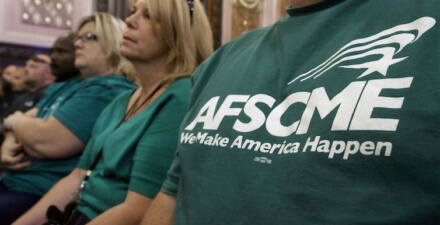How Exceptional is American Job Quality? Decent- and Poverty-Pay Rates by Age, Gender, and Education in the U.S., U.K., Canada, Australia, and France*
How Exceptional is American Job Quality? WP Howell
Authors:
David R. Howell, The New School
Abstract:
Social protection for working-age American adults is almost entirely conditional on employment, which makes earnings a particularly important dimension of job quality for workers. This paper employs new indicators (Howell, 2019) to compare the quality of the U.S. earnings distribution with France and three other large Anglophone liberal market economies. Using data from national household surveys, the incidence of decent-, low- and poverty-pay are defined by wage cutoffs linked to the living standards made possible by full-time earnings. Worktime adequacy is captured by whether a worker is employed involuntarily part-time. Measuring the share of workers in different parts of the pay distribution for workers grouped by age, gender and education, these simple incidence indicators uniquely describe both the inequality (spread) and quality (living standards) of national job hierarchies. The main finding is that across demographic groups, American decent- and poverty-pay rates have been consistently worse than Canada’s and the U.K.’s, worse still than Australia’s, and far worse than France’s. For example, the most recent available poverty-pay rate for young (18-34) female workers without a college degree ranged from 67% for the U.S. to 28% for France, with the U.K., Canada, and Australia between (60%, 56% and 40%). Similarly, the pattern for decent-pay rates for young non-college degree male workers was just 14.1% for the U.S. but 55% for France; between were the U.K. (20%), Canada (34%) and Australia (39%). The evidence suggests no simple correspondence between these persistent cross-country patterns in pay quality and employment performance as measured by employment and unemployment rates.






